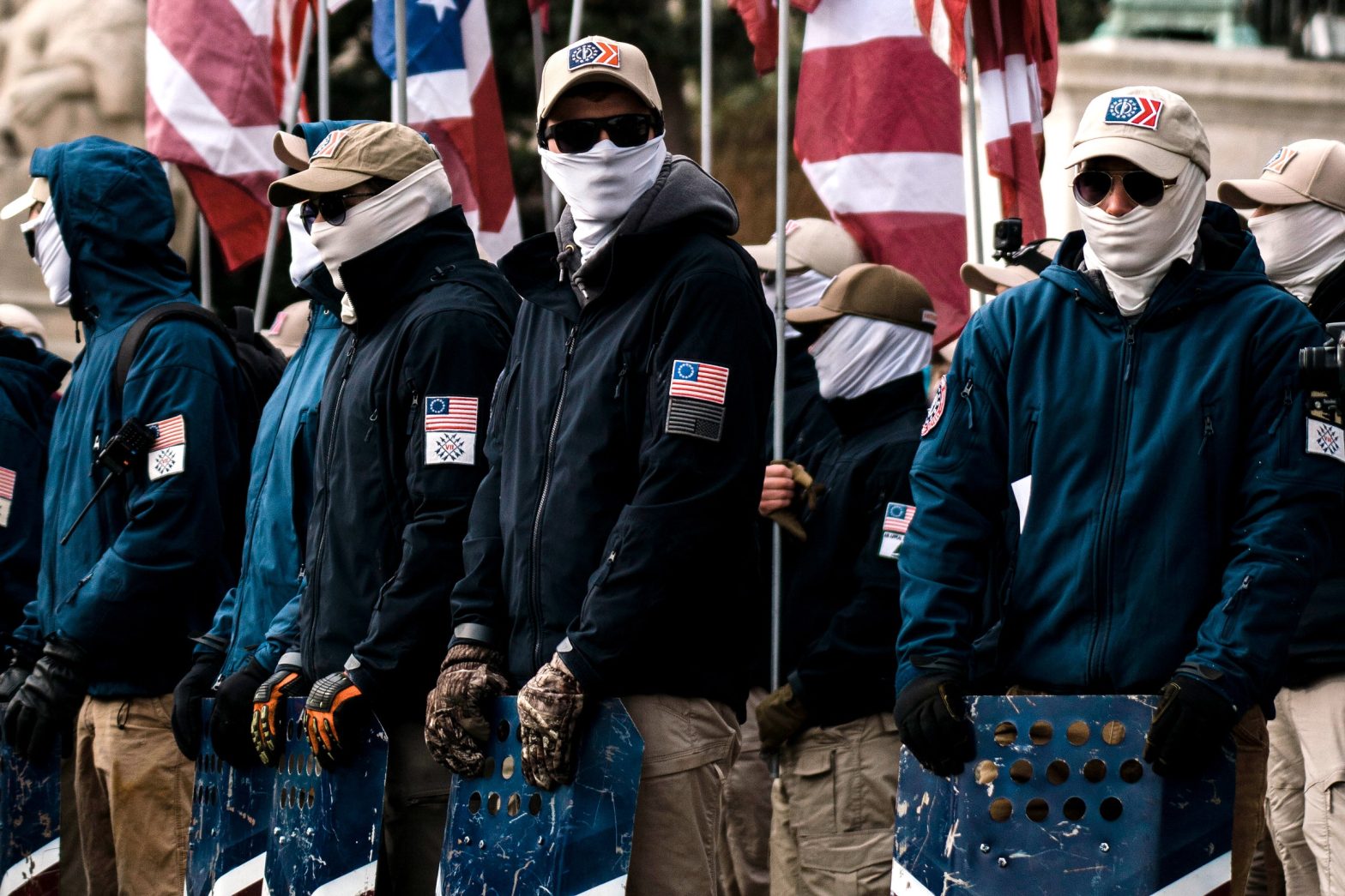Why the US Is Primed for Radicalization
Published By admin

All across the country, there are signs of a more radicalized American populace. It’s become impossible to ignore over the past few years. The US has witnessed an insurrection, the rise of QAnon, increasing anti-Semitism, attacks on the LGBTQ community, and more. While radicalism has risen to some degree in many other Western nations, this trend has been exceptionally more pronounced in the United States. It is, therefore, necessary to determine the root causes of it and what makes America, well, exceptional.
To better understand extremism in the US, it’s necessary to understand who is being radicalized. It’s primarily right-wing extremism, but right-wing extremism covers many different groups and types of people who engage with it. It’s not just the people who join militias like the Proud Boys or the Oath Keepers, it’s the seemingly ordinary people who latch onto QAnon or other conspiracy theories.
The January 6, 2021, attack in Washington is a good case study on what kind of people have become radicalized in the US. There were members of militia groups there, but research has shown roughly 90 percent of the people who stormed the Capitol were not affiliated with militias or other far-right groups. Many were business owners or regular working people who became convinced over time that the 2020 election had been stolen from Donald Trump.
Conspiracy theories like those under the QAnon umbrella have infiltrated many groups of people one might not expect. They’ve found their way into yoga and parenting groups. A neighbor you regularly encounter at the grocery store and don’t think twice about could be in the process of being radicalized. People from all walks of life can be influenced by these conspiracy theories.
All of that said, there are some notable psychological and social factors that could be causing Americans to become more prone to embrace extreme ideologies. One of the key factors appears to be a strong sense of uncertainty. The human brain doesn’t like uncertainty, and it can cause people to seek out a path to feeling more certain and assured by any means possible.
J. M. Berger, an author and researcher who focuses on extremism, says there have been many reasons for people to feel uncertain over the past decade or so. Rapid changes in technology, major shifts in the labor market and the economy, the Covid-19 pandemic, and more have caused many Americans to feel unanchored. This creates a situation where extremism can flourish.
Content retrieved from: https://www.wired.com/story/radicalization-extremism-us-uncertainty-social-media/.






